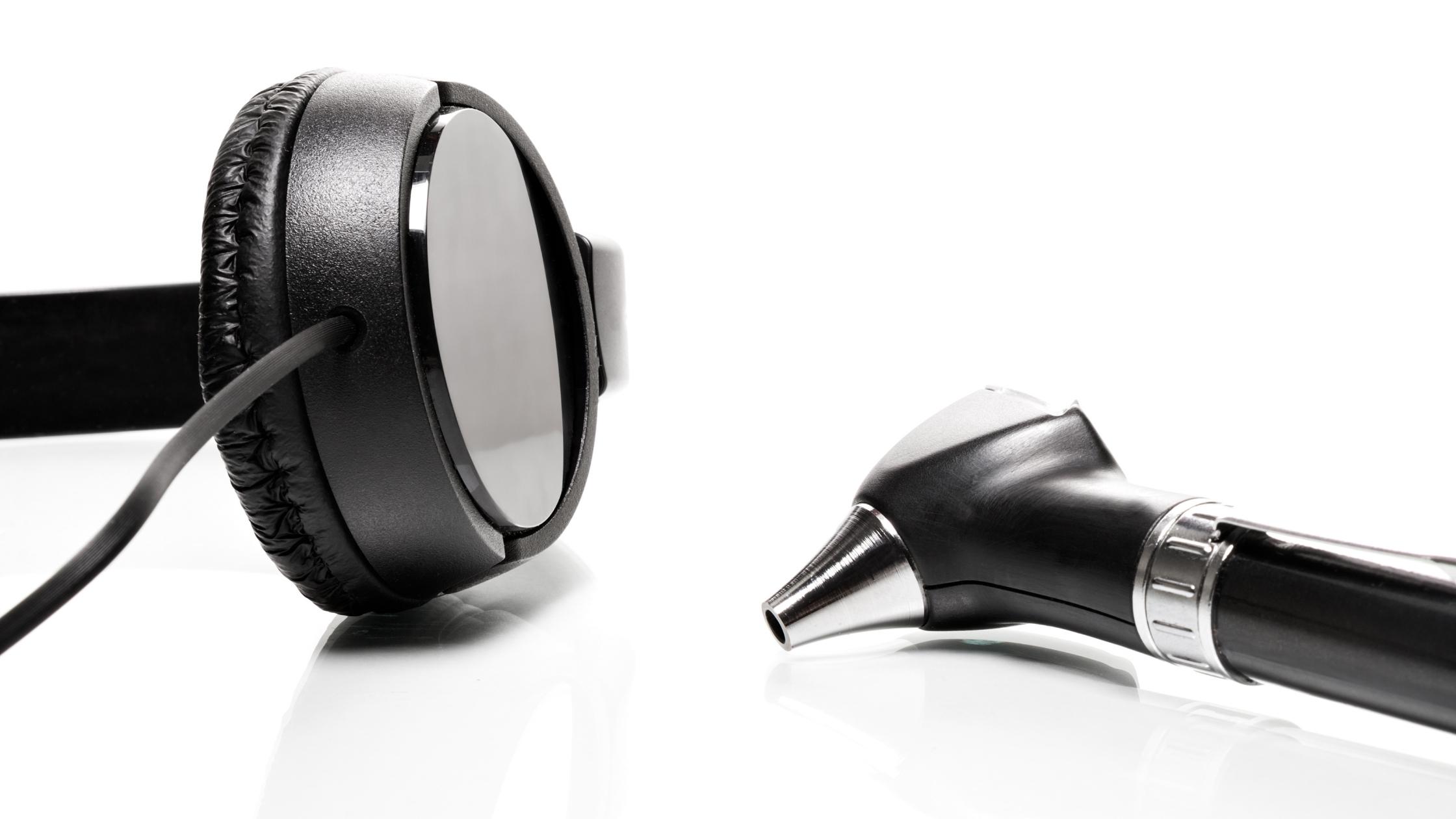
Of the many careers in hearing-related fields, audiology is on the rise. You might be curious how audiology differs from other professions, such as an otolaryngologist, otherwise known as an Ear, Nose, and Throat (ENT) specialist, or the other hearing health professionals who dispense hearing aids. Experts in these professions are each trained to serve a different part of hearing process, and each has unique expertise. Audiology is a growing field, and many more people are moving from early education into advanced degrees that will equip them to become audiologists. Let’s take a closer look at the specialties of an audiologist, as well as the education and training necessary to become one. The many hearing professions work together to provide the services you need to receive treatment for hearing loss and other hearing-related conditions.
Audiology Education
An audiologist is different from other people who are equipped to dispense hearing aids. Although each person in these hearing-related professions needs to have appropriate training and licensing, only an audiologist has a doctorate in the field, specifically an Au.D. degree. Audiologists first need high-school degrees and a bachelor’s degree of some kind. Many people pursue undergraduate education in speech pathology, communications, or sound engineering. Some audiology programs have specific pre-requisites in sciences that are necessary before beginning the program. The Doctor of Audiology program typically consists of four years of full-time education. Some programs can be fast-tracked to three years by increasing course loads. A person studying audiology takes courses in human anatomy, hearing pathology, and balance disorders. These different courses fill at least the first three years of the degree program. The final year typically incorporates clinical practice to learn how to diagnose and treat different hearing disorders, including the various types of hearing loss.
Audiologists and Patients
The relationship between an audiologist and a patient can be a powerful bond. Many people come to their audiologists with stories of the first time they were able to communicate with loved ones. These stories might include a conversation with a 3-year-old grandchild or a sermon at church that was completely audible for the first time. Others describe the easing of anxiety around social events, feeling able to go to holiday gatherings and birthday parties without worrying about being able to understand what is going on or the fear that someone would ask a question they couldn’t hear. Some people with untreated hearing loss even find themselves isolated from social life, deciding it is easier to stay home than to go out in the world. This social isolation takes its toll on physical, mental, and cognitive health, so returning to social life is an expansive benefit of getting treatment for hearing loss. Audiologists report a great sense of fulfillment in their jobs, knowing they are able to deliver these many benefits to their patients. These success stories from patients are a reason that so many audiologists recommend to young people that they pursue the profession, as well.
Your Hearing Health
If you have noticed problems with your hearing health, it is important to contact our offices right away for a diagnostic evaluation. Just as these benefits are continuously reported to our experts, you need to take the first step toward treatment to be able to receive them. Hearing aids have improved greatly in the past years, and the latest models are equipped with features such as Bluetooth connectivity that can be woven into your life seamlessly. Once you become acclimated to your hearing aids, the benefits for your relationships, mental health, and cognitive functioning can begin. We are thrilled to hear back from our patients that they have experienced these benefits, and you can become one of these satisfied individuals if you take the first step to get treatment! All you need to do is to contact our offices for a hearing test, and we will guide you through the process of acquiring hearing aids, if they are found to be necessary. Our experts can recommend a range of aids that are suited to your needs, and we can accommodate specific aspects of your communication and lifestyle that are unique to you. Why not schedule your hearing test today?
